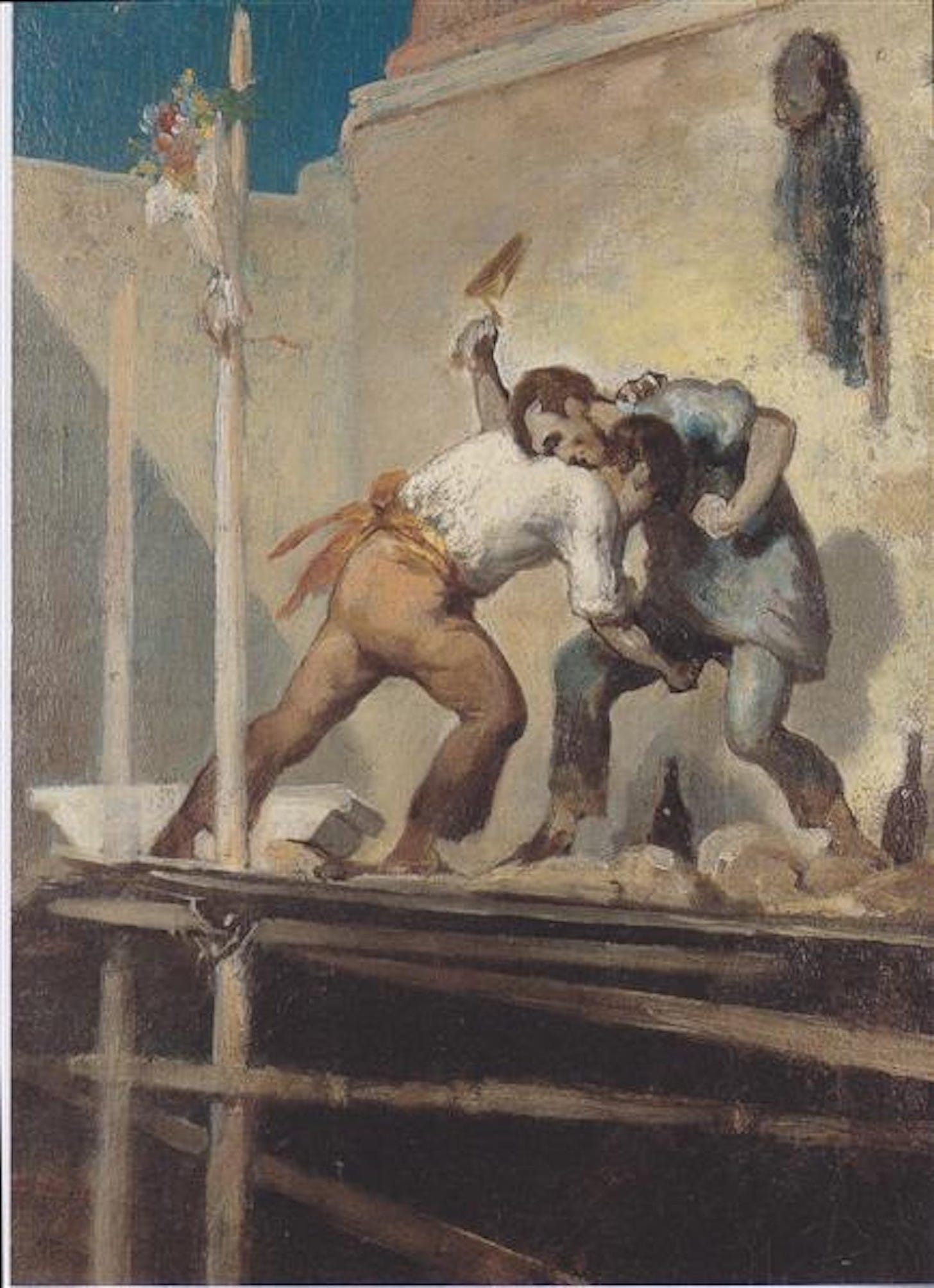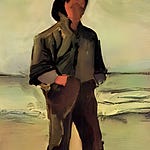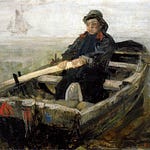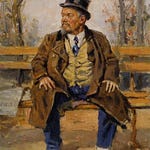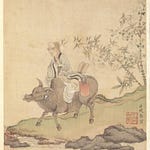Sundays with Seneca
Welcome to Sundays with Seneca on the Perennial Meditations podcast. Join the search for ancient lessons on the art of living from Lucius Annaeus Seneca's writings and Stoic philosophy.
Seneca’s — On Anger
In today’s episode, you’ll hear Ch. 1 & 2 from an audio production of Seneca’s On Anger (members can listen to the entire audio production of On Anger on Perennial Audiobooks).
Chapter I.
We are here to encounter the most outrageous, brutal, dangerous, and intractable of all passions; the most loathsome and unmannerly; nay, the most ridiculous too; and the subduing of this monster will do a great deal toward the establishment of human peace. It is the method of physicians to begin with a description of the disease, before they meddle with the cure: and I know not why this may not do as well in the distempers of the mind as in those of the body.
The Stoics will have anger to be a “desire of punishing another for some injury done.” Against which it is objected, that we are many times angry with those that never did hurt us, but possibly may, though the harm be not as yet done. But I say, that they hurt us already in conceit: and the very purpose of it is an injury in thought before it breaks out into act. It is opposed again, that if anger were a desire of punishing, mean people would not be angry with great ones that are out of their reach; for no man can be said to desire anything which he judges impossible to compass. But I answer to this, That anger is the desire, not the power and faculty of revenge; neither is any man so low, but that the greatest man alive may peradventure lie at his mercy.
Aristotle takes anger to be, “a desire of paying sorrow for sorrow;” and of plaguing those that have plagued us. It is argued against both, that beasts are angry; though neither provoked by any injury, nor moved with a desire of any body’s grief or punishment. Nay, though they cause it, they do not design or seek it. Neither is anger (how unreasonable soever in itself) found anywhere but in reasonable creatures. It is true, the beasts have an impulse of rage and fierceness; as they are more affected also than men with some pleasures; but we may as well call them luxurious and ambitious as angry. And yet they are not without certain images of human affections. They have their likings and their loathings; but neither the passions of reasonable nature, nor their virtues, nor their vices. They are moved to fury by some objects; they are quieted by others; they have their terrors and their disappointments, but without reflection: and let them be never so much irritated or affrighted, so soon as ever the occasion is removed they fall to their meat again, and lie down and take their rest. Wisdom and thought are the goods of the mind, whereof brutes are wholly incapable; and we are as unlike them within as we are without: they have an odd kind of fancy, and they have a voice too; but inarticulate and confused, and incapable of those variations which are familiar to us.
Anger is not only a vice, but a vice point-blank against nature, for it divides instead of joining; and in some measure, frustrates the end of Providence in human society. One man was born to help another; anger makes us destroy one another; the one unites, the other separates; the one is beneficial to us, the other mischievous; the one succors even strangers, the other destroys even the most intimate friends; the one ventures all to save another, the other ruins himself to undo another. Nature is bountiful, but anger is pernicious: for it is not fear, but mutual love that binds up mankind.
There are some motions that look like anger, which cannot properly be called so; as the passion of the people against the gladiators, when they hang off, and will not make so quick a dispatch as the spectators would have them: there is something in it of the humor of children, that if they get a fall, will never leave bawling until the naughty ground is beaten, and then all is well again. They are angry without any cause or injury; they are deluded by an imitation of strokes, and pacified with counterfeit tears. A false and a childish sorrow is appeased with as false and as childish a revenge. They take it for a contempt, if the gladiators do not immediately cast themselves upon the sword’s point. They look presently about them from one to another, as who should say; “Do but see, my masters, how these rogues abuse us.”
To descend to the particular branches and varieties would be unnecessary and endless. There is a stubborn, a vindictive, a quarrelsome, a violent, a froward, a sullen, a morose kind of anger; and then we have this variety in complication too. One goes no further than words; another proceeds immediately to blows, without a word speaking; a third sort breaks out into cursing and reproachful language; and there are that content themselves with chiding and complaining. There is a conciliable anger and there is an implacable; but in what form or degree soever it appears, all anger, without exception, is vicious.
Listen to this episode with a 7-day free trial
Subscribe to Perennial Meditations to listen to this post and get 7 days of free access to the full post archives.




